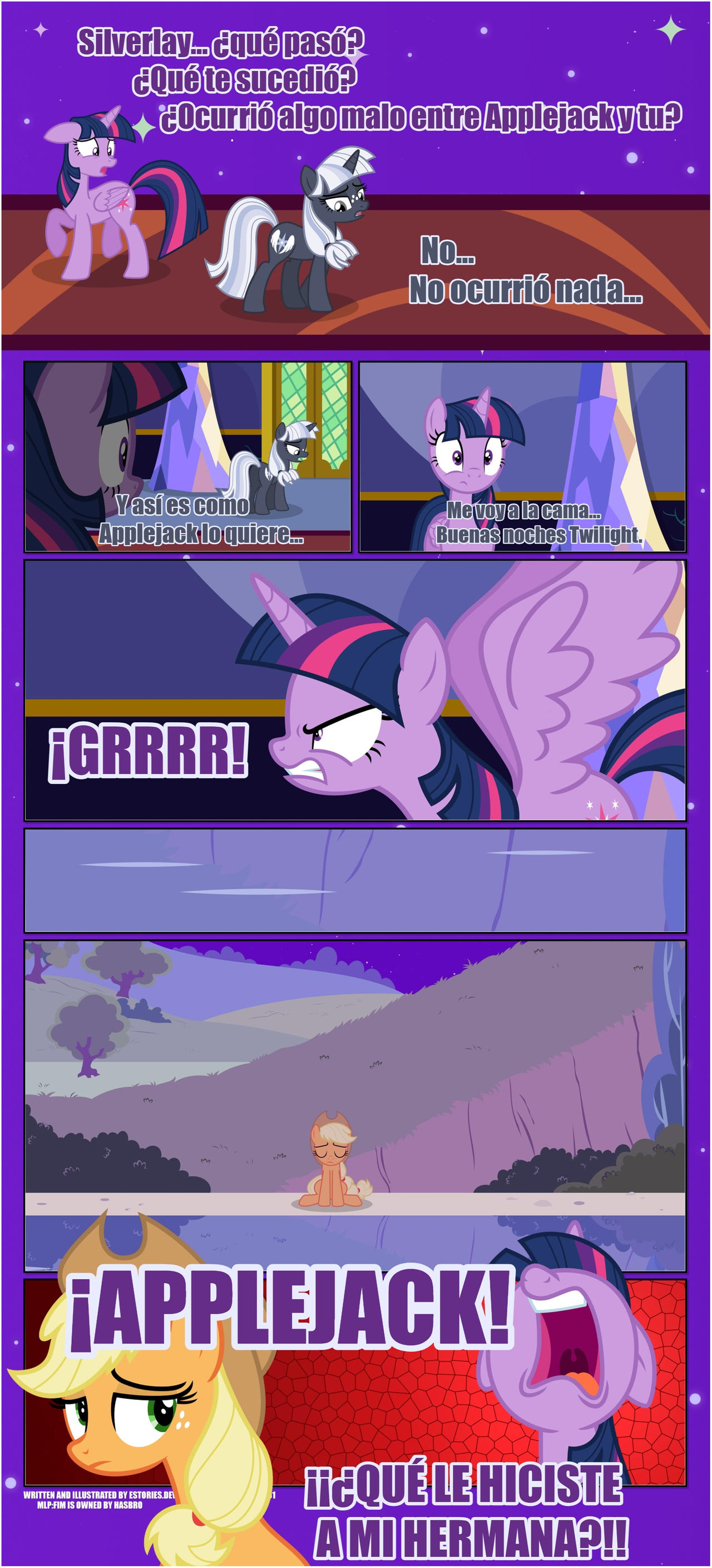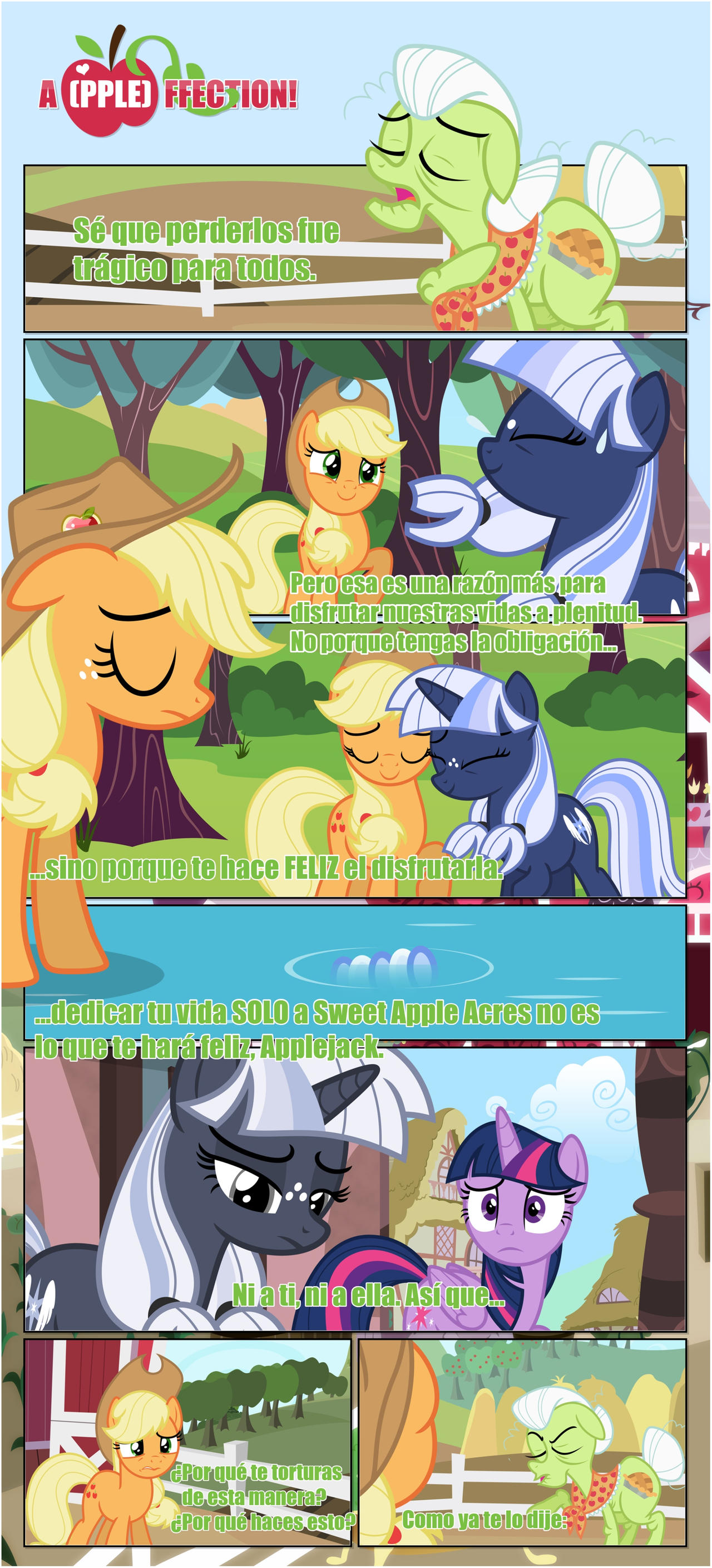Delectatio Morosa - The Lingering Pleasure Of Sadness
Have you ever found yourself, you know, kind of stuck on a feeling that isn't exactly cheerful? It's that peculiar state where you might be thinking about something a bit upsetting, or perhaps a moment of loss, and yet there's a strange pull to stay right there with it. This isn't about wallowing in despair, not really, but more about a curious kind of fascination with the less bright parts of life. It's a concept that, frankly, some folks find a bit puzzling, but it’s a very real part of how we process things.
This idea, often called "delectatio morosa," describes a situation where a person finds a peculiar sort of contentment, or even a quiet satisfaction, in dwelling on thoughts or events that are, by their very nature, rather difficult. It's like replaying a scene in your head that made you feel a pang of sorrow, or considering a past misstep, and somehow, in that re-examination, there's a subtle, almost hidden, element of engagement that keeps you there. It's not about seeking out misery, but more about how certain emotions, even the tough ones, can hold our attention in a way that feels almost deliberate.
We see this sort of mental habit show up in many corners of our shared experiences, from the quiet moments we spend reflecting on personal setbacks to the ways communities might, you know, collectively ponder over events that bring a touch of sadness. It’s about the human tendency to, perhaps, pick apart the less joyful bits of existence, not always to find a solution, but sometimes just to sit with the feeling itself, a bit like watching a sad movie over and over because it simply resonates.
Table of Contents
What is Delectatio Morosa?
Why Do We Linger on Unpleasant Thoughts?
The Echo of Delectatio Morosa in Community Concerns
A Deeper Look at Delectatio Morosa in Personal Reflections
Can Music Reflect Delectatio Morosa?
How Do We See Delectatio Morosa in Moments of Regret?
The Subtle Art of Delectatio Morosa in Fan Discussions
Is Delectatio Morosa a Way to Process Pain?
What is Delectatio Morosa?
So, what exactly are we talking about when we mention "delectatio morosa"? It's a rather old term, actually, that points to the experience of lingering on thoughts or feelings that are, to be honest, a bit somber or even distressing. It’s not about enjoying pain, no, but more about how the human mind can become, in a way, absorbed by certain difficult ideas. Think of it like this: you know when you hear a piece of news that’s not good, and you find yourself replaying it, or going over the details in your head? That kind of quiet, drawn-out consideration, even when the subject matter is less than pleasant, is what this concept describes. It suggests that there can be a strange, almost quiet, engagement with things that bring a touch of sorrow, or perhaps a sense of loss, and this engagement, you know, holds your attention.
This isn't about choosing to be unhappy, but rather observing a natural human inclination. It's a bit like how some people might be drawn to stories or films that have a rather tragic ending. There’s no joy in the tragedy itself, but there might be a deep resonance, a feeling of connection to the emotions portrayed, that makes you want to stay with it. This quiet attraction to the heavier side of things, where one might find themselves, you know, spending time with a thought that brings a sigh, is a key part of what "delectatio morosa" aims to capture. It’s a curious aspect of our inner lives, really, a sort of mental holding pattern on thoughts that aren't necessarily bright or cheerful.
Why Do We Linger on Unpleasant Thoughts?
Why do we, you know, find ourselves caught in this pattern of "delectatio morosa," dwelling on things that are not exactly fun? It's a bit of a puzzle, but one way to look at it is that our minds are, in some respects, trying to make sense of the world around us. When something upsetting happens, or when we hear about a difficult situation, there's a natural urge to process it. Sometimes, that processing means going over the details, turning them around in our heads, and trying to understand the different angles. This isn't always a quick process; it tends to be something that takes a little time, a bit like letting a complex idea sink in.
Consider the discussions among Swansea City fans, for example. When there are questions about the team's ability to keep goals out of their net, especially after a game with many goals, or when a player like Harry Darling is missing, fans might, you know, really pick apart those moments. There's a collective act of dwelling on the team's vulnerabilities, a shared consideration of what went wrong. This isn't necessarily a happy discussion, but it’s a very engaged one. It's a way of, perhaps, trying to find a way forward, or just expressing the shared feeling of disappointment. This kind of communal "delectatio morosa" can actually strengthen bonds, as people connect over shared worries or frustrations, which is, you know, a pretty powerful thing.
The Echo of Delectatio Morosa in Community Concerns
When we look at broader community worries, like the news about the aid ship apparently intercepted by Israel, especially after, you know, nine people were killed on a previous attempt to deliver help, there's a clear example of "delectatio morosa" at play. The outcry mentioned in the text suggests a collective dwelling on a painful event and the ongoing tension. People, you know, can't just brush off such serious matters. There's a tendency to revisit the facts, to feel the weight of the situation, and to express the sorrow or anger that comes with it. This isn't about enjoying the sadness, but rather about the human need to acknowledge and, in a way, absorb the gravity of such occurrences. It’s a form of processing, of letting the difficult reality sink in, which can be, you know, quite a heavy experience.
Similarly, the idea of fans being, you know, hit by a car in what looked like a deliberate act, and Jack Butty crying "heavens to murgatroyd," points to a moment of shock and a lingering disbelief. That exclamation, "heavens to murgatroyd," isn't just a quick reaction; it suggests a moment where the mind pauses, almost getting stuck on the sheer unexpectedness and horror of the event. This kind of "delectatio morosa" in the face of sudden, upsetting news is a common human response. We tend to, you know, circle back to these moments, trying to fully grasp their impact, even when they bring a distinct feeling of unease. It’s about how certain events, for better or worse, just stick with us.
A Deeper Look at Delectatio Morosa in Personal Reflections
Consider the personal reflections mentioned in the text, particularly about the Swansea City retained list for players. The idea that there will be "sad moments for scholars, academy players" really highlights a personal form of "delectatio morosa." For those young players who won't be kept on, and for the people who care about them, there's going to be a period of dwelling on that disappointment. It’s a quiet, personal kind of sorrow, where one might, you know, replay the hopes they had, or the effort they put in, and feel the sting of the outcome. This isn't about being stuck in negativity, but more about the natural human process of sitting with a loss, even a professional one, and letting the feelings associated with it run their course. It’s a necessary step, in a way, for moving forward, but it definitely involves a period of lingering on what might have been.
Can Music Reflect Delectatio Morosa?
Music, you know, often serves as a powerful way for us to experience and process emotions, and it can be a perfect mirror for "delectatio morosa." Think about the song "Haru Haru" by BIGBANG. The description of its music video tells a story that is, frankly, deeply sorrowful and heart-wrenching. Park Min-young facing the end of her life, and asking her friend to pretend to be with her love, G-DRAGON, so he doesn't have to know about her condition – that’s a narrative steeped in sadness. Listening to such a story, or watching it unfold, can lead to a kind of lingering on the tragic elements. The melody is described as "very sad," yet also "healing," which suggests a complex interaction with sorrow. It's almost as if, through the music, one can, you know, safely explore and dwell on feelings of profound loss without being completely overwhelmed. This is a classic example of how art can invite us into a space of "delectatio morosa," allowing us to connect with pain in a way that is, strangely, comforting.
The lyrics themselves also speak to this idea. Phrases like "Finally I realize that I'm nuttin' without you. I was so wrong forgive me" are, you know, powerful expressions of regret and a feeling of emptiness. When a listener connects with these words, they might find themselves dwelling on similar feelings in their own lives, or simply absorbing the depth of the emotion presented. It’s a way of, perhaps, understanding a universal experience of loss and longing. The fact that fans sing along to this song, even the "most touching version," indicates a collective willingness to, you know, engage with and re-experience these poignant feelings. This shared act of "delectatio morosa" through music creates a bond, allowing people to connect over the beauty found even within deep sadness.
How Do We See Delectatio Morosa in Moments of Regret?
Regret, you know, is a feeling that often invites "delectatio morosa." When we look at the lyrics of "Haru Haru," particularly the line, "I was so wrong forgive me," it captures that moment perfectly. This isn't just a fleeting thought; it’s a deep, internal statement of remorse. When someone says or thinks something like this, they are, in a way, dwelling on a past mistake, replaying it, and feeling the weight of it. There's a certain kind of absorption in that feeling, a quiet, almost intense focus on what could have been different. It’s a common human experience to, you know, get caught up in these reflections, trying to understand where things went awry, even if it brings a sense of unease. This act of revisiting past errors, which can feel a bit like a self-imposed mental loop, is a clear sign of "delectatio morosa."
The idea of "my heart broken like waves" further paints a picture of this kind of lingering sorrow. A broken heart isn't something that heals instantly; it’s something that, you know, continues to ache and resonate. The imagery of waves breaking suggests a repetitive, almost endless cycle of pain. When someone is feeling this way, they are often, perhaps, finding themselves returning to the source of that pain, re-experiencing the sadness, even if it's not a comfortable feeling. This act of, you know, sitting with the brokenness, allowing it to wash over you again and again, is another powerful instance of "delectatio morosa." It's about letting the emotion truly settle, even if it's a difficult one to carry.
The Subtle Art of Delectatio Morosa in Fan Discussions
Fan discussions, like those on the Swansea City forum, often showcase a subtle form of "delectatio morosa." When supporters talk about the team's performance, especially when things aren't going so well, there's a collective tendency to, you know, pick apart the issues. The mention of "question marks regards the Swansea City defence again today" after a game with six goals suggests a lingering concern, a repeated focus on a weak point. Fans aren't necessarily enjoying this worry, but they are certainly dwelling on it, discussing it, and analyzing it. This act of collective rumination, of going over the problems again and again, is a way of processing the disappointment and, perhaps, finding a shared space for those feelings. It’s a very human way of, you know, connecting over shared experiences, even if those experiences are a bit frustrating.
Even the idea of someone logging their thoughts as an independent blogger or vlogger about the team, as mentioned in the text, implies a personal act of "delectatio morosa." When you choose to write or speak about something, especially something that might be causing a bit of concern, you are, in a way, committing to dwelling on it. You are taking the time to articulate your feelings, to explore the nuances of the situation, and to present them to others. This isn't just a quick thought; it's a deliberate act of engagement with the subject matter, even if it's about the team's struggles or, you know, the sad moments for players. It’s about finding a way to express and, perhaps, come to terms with those lingering feelings.
Is Delectatio Morosa a Way to Process Pain?
So, is "delectatio morosa" simply a way for us to, you know, process pain? It seems to be, in some respects, a natural human response to difficult situations. When we encounter something upsetting, whether it’s a personal loss, a public tragedy, or even just a frustrating outcome, our minds don't always immediately move on. There's often a period of lingering, of revisiting the details, and of allowing the associated feelings to wash over us. This isn't about seeking out misery, but more about the mind's way of trying to make sense of what has happened, to integrate it into our understanding of the world. It’s a bit like, you know, a wound that needs to be cleaned and examined before it can truly begin to heal.
The very act of dwelling, even on something that brings a touch of sorrow, can sometimes lead to a deeper understanding or a subtle form of acceptance. For instance, the sad melody of "Haru Haru" is described as "healing." This suggests that by engaging with the sadness, by allowing ourselves to feel it fully, we can, you know, move through it. It’s not about getting stuck, but about acknowledging the reality of the emotion. This process of "delectatio morosa," of sitting with the uncomfortable, can be a necessary step in our emotional journey, allowing us to, perhaps, find a quiet strength or a new perspective after the initial shock has passed. It's a complex part of our inner lives, really, but one that seems to serve a purpose in helping us navigate the less cheerful moments.
This article has explored the concept of "delectatio morosa," which describes the human tendency to linger on thoughts or feelings that are, you know, a bit somber or upsetting. We looked at how this idea shows up in various aspects of life, drawing examples from discussions among Swansea City fans about team struggles and distressing incidents, to the profound sadness expressed in BIGBANG's song "Haru Haru." We considered how people might dwell on moments of regret, community concerns, and personal disappointments, finding a peculiar kind of engagement with these difficult emotions. The piece also touched on how music can provide a space for this kind of emotional processing, allowing individuals to connect with and, in a way, find a subtle form of healing through shared experiences of sorrow.

Schaal-Morosa | Aoshtai Wiki | Fandom

EStories (Appff) Manzana(A)morosa P101 by Indioman200 on DeviantArt

EStories (Appff) Manzana(A)morosa P110 by Indioman200 on DeviantArt